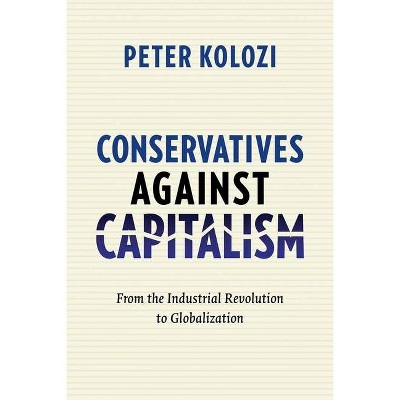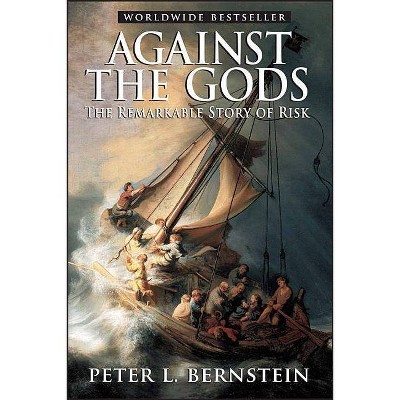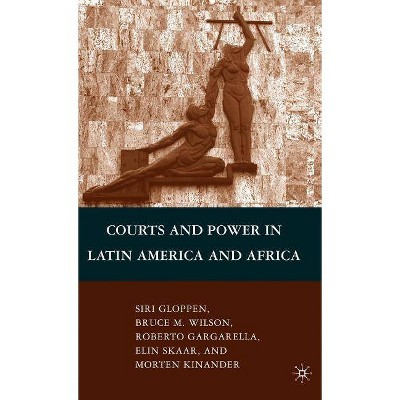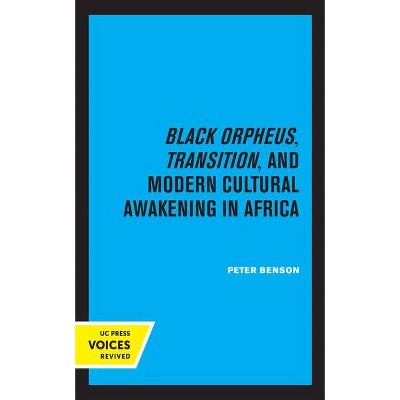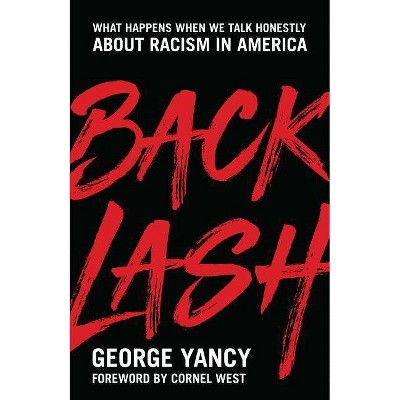Africa and the Backlash Against International Courts - by Peter Brett & Line Engbo Gissel (Hardcover)
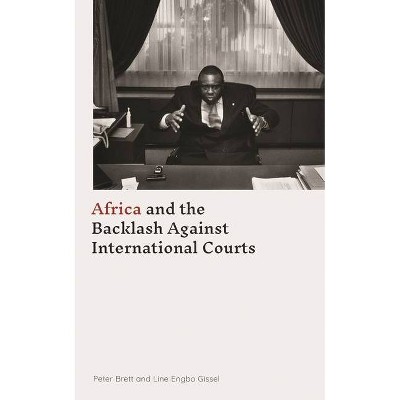
Similar Products
Products of same category from the store
AllProduct info
<p/><br></br><p><b> Book Synopsis </b></p></br></br><p>At the start of the twenty-first century the story of Africa's engagement with international law was one of marked commitment and meaningful contributions. Africa pioneered new areas of law and legal remedies, such as international criminal law and universal jurisdiction, and gave human rights jurisdiction to a number of new international courts. However, in recent years, African states have mobilised politically and collectively against the regional courts and the International Criminal Court, contesting these institutions' authority and legitimacy at national, regional and international levels. <p/><i>Africa and the Backlash Against International Courts</i> provides the first comprehensive account of this important phenomenon, bringing together original fieldwork, empirical analysis and a critical overview of the diverse scholarship on both international and African regional courts. Moving beyond conventional explanations, Brett and Gissel use this remarkable research to show how the actions of African states should instead be seen as part of a growing desire for a more equal global order; a trend that not only has huge implications for Africa's international relations, but that could potentially change the entire practice of international law.</p><p/><br></br><p><b> Review Quotes </b></p></br></br><br><p>"This erudite and engaging book digs into the complexity of sovereignty to show how backlash against international justice is rooted in broader legitimation strategies African states engage." --<i>Kerstin Bree Carlson, University of Southern Denmark</i> <p/>"'The relationship between African states and international courts has long called for careful, compassionate, and comprehensive reflection. This book offers just that and is bound to be essential reading for those interested in backlash and global equality." --<i>Mark Kersten, University of Toronto</i> <p/>"'The authors explore African states' complex entanglements with a wide range of international and regional courts with theoretical sophistication and superb empirical depth. A must-read for anyone interested in the historical and political undercurrents that determine these modern phenomena." --<i>Phil Clark, School of Oriental and African Studies</i></p><br><p/><br></br><p><b> About the Author </b></p></br></br><p><b>Peter Brett </b>is a senior lecturer in international politics at Queen Mary, University of London, UK. He teaches the politics of international law and Africa's international relations. His research focuses on the politics of rights and the judiciary, with a particular interest in Southern and West Africa. <p/><b>Line Engbo Gissel </b>is an associate professor at Roskilde University, Denmark, where she teaches global governance and human rights. Her research focuses on the politics of transitional justice, the role of the International Criminal Court in East Africa and the relationship between peace and justice.<br>Peter Brett is a senior lecturer in international politics at Queen Mary, University of London. He teaches the politics of international law and Africa's international relations. His research focuses on the politics of rights and the judiciary, with a particular interest in Southern and West Africa. <p/>Line Engbo Gissel is an associate professor at Roskilde University, where she teaches global governance and human rights. Her research focuses on the politics of transitional justice, the role of the International Criminal Court in East Africa and the relationship between peace and justice.</p>
Price History
Price Archive shows prices from various stores, lets you see history and find the cheapest. There is no actual sale on the website. For all support, inquiry and suggestion messagescommunication@pricearchive.us

